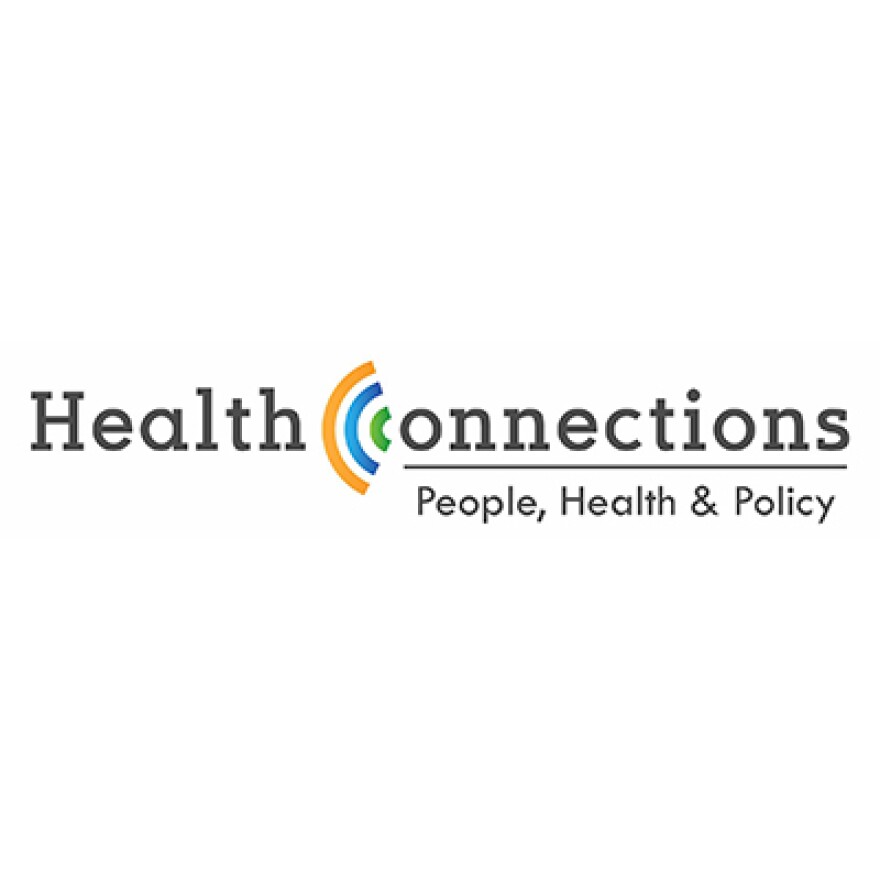The topics and concerns around health and medicine have become more important and interesting to the general public in recent years, particularly with the COVID-19 pandemic. This week on HealthConnections, Dr. Carole Myers, a professor emeritus in the University of Tennessee College of Nursing, talks with Michael Holtz, an associate communications and marketing manager at Oak Ridge Associated Universities and a 12 year survivor of rectal cancer, about the importance of men taking charge of their health.
WUOT’s Carole Myers: Please say more about the problem with men and their health and health care.
Michael Holtz: So this problem arose as an issue for me after seeing a survey from the Prevent Cancer Foundation. They do a survey of men/women, kind of a global survey of folks. In their survey, they found that nearly 20% of men report that a relative or a partner schedules their healthcare appointments, and that 65% of men are behind in at least one routine cancer screening, and that 36% of those who are behind would prioritize cancer screening if faster tests were available. And you and I both know some of those tests. You know it takes a long time to get results, but it just underscored for me that there are a lot of men who don't know things like what medications they're taking and how to make their own appointments. And after events like the pandemic and as men get older and their spouses pass away, who takes that on if men don't do it for themselves?
And I like two things. One, I like that you did initially center in on cancer because it is a high priority for men. But I also like the fact that you extended this concern we have about men and taking charge of their health is not just related to cancer, it's in general. What are some of the things Michael that men need to do?
I think some of the simple and basic things are, know what medications you're on. I know from my own experience watching older men in my life their wives put their pills out. And you need to know what medications you're taking. What's your dose, how often do you take it? What health conditions do you have? Because there are men who may not even know how to explain what it is you know, whether it's gout or it's scoliosis, whatever it is, may not know what they're walking around with. And then, if they've had past surgeries, serious issues, some of those dates, who is their health insurance carrier, who carries their health insurance, and then what's their family medical history. Those are just some of the basics.
Let’s also circle back to prevention because that is so important, the value of prevention exceeds almost anything else we do in healthcare. How are men with prevention? Let's just talk about cancer in particular.
Well, so we know that men are behind on their cancer screenings, about 65% are behind in their regular cancer screening, so they need to know they should get a colonoscopy, starting at age 45 younger, if they have a family history, they need to know that they should start getting PSA numbers and digital rectal exams for prostate cancer, get a skin care dermatology checkup for melanoma on an annual basis and be scheduling them.
Okay, we've talked about physical health. That's always the easiest to do first. But Michael, what about men and mental health?
There's really a mental health crisis in our country for men, and really from all perspectives, but as men get older, men lose friends. As they get older, they have fewer friends, they have fewer people that they can count on. And even at younger ages, there are men who we spend so much time behind screens and at work and we don't foster the social fitness that it takes to make friends, have a circle of friends, even have a male best friend. We don't spend enough time being intentional about our relationships. Often outside of our marriages, men need to be able to communicate with other men, because there are things that men are going to talk to about with each other and just the camaraderie of going to a ball game, going out for a drink, grabbing a cup of coffee, you know, and just hanging out
Any parting words, Michael?
I would say, get caught up on any preventive checkups that you need and spend some time making some friends.
This transcript has been lightly edited for content.




